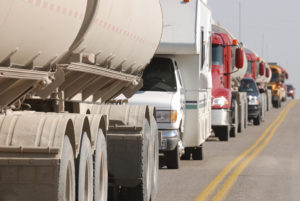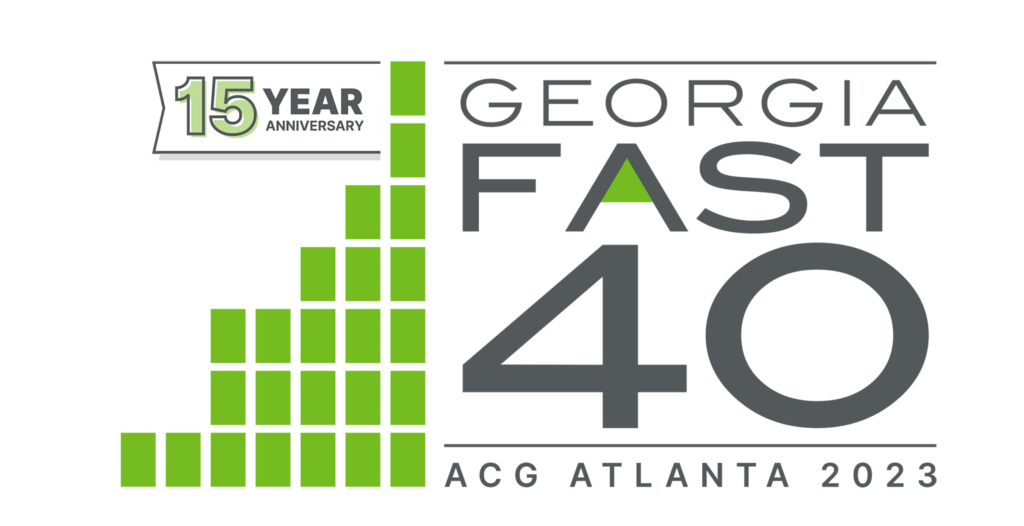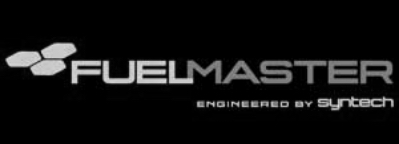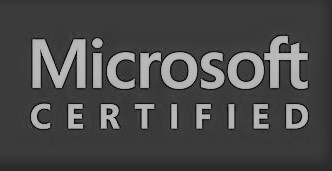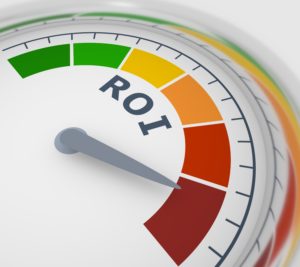
There are several ways to purchase fuel for your fleet. The challenge is determining the best way to buy for your situation. How do you choose between Bulk fuel, Mobile Fueling or Retail cards when selecting a fuel procurement strategy?
Bulk Fuel
Bulk fuel is where fuel is delivered into a storage tank at the location. This method is best suited for locations with enough volume to justify the capital investment of a fueling 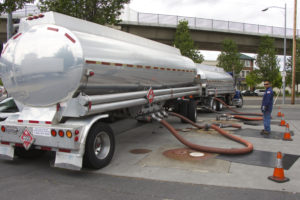 infrastructure. First you need to determine if there is adequate space available at your site. Second, determine the best way to physically get fuel into the trucks. You can have the driver fuel their own trucks, or have “jockey” fuel them. You also need to consider the cost to maintain the equipment.
infrastructure. First you need to determine if there is adequate space available at your site. Second, determine the best way to physically get fuel into the trucks. You can have the driver fuel their own trucks, or have “jockey” fuel them. You also need to consider the cost to maintain the equipment.
The primary benefit of bulk fuel is product costs. Bulk is typically $.15 – $.35 per gallon cheaper than mobile refueling. Additional benefits are better use of driver time relative to retail and continuous access to fuel versus mobile refueling.
Mobile Refueling
Mobile Refueling is the fueling method where fuel is dispensed directly into the fuel tanks of your equipment. The governing
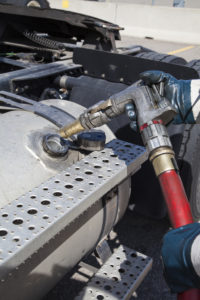
principle of mobile refueling is to outsource the effort to get fuel into your vehicles. This makes tremendous sense in the right circumstances.
Mobile works well when your vehicles are idle at a set time of day. It may be the best option when no space available for a fuel storage tank. Mobile refueling is also beneficial where labor agreements prohibit drivers from fueling for themselves.
Expect to pay anywhere from $.15 to $.50 more per gallon than bulk. Key variables in your costs will be the number of vehicles to be fueled and the number gallons dispensed per delivery.
If your fleet uses gasoline rather than diesel, then mobile refueling may not be an available option. It is common to have local restrictions preventing mobile refueling of gasoline due to volatile nature of gasoline.
Retail Fuel
Purchasing fuel at a retail station can be one of the most expensive ways to purchase fuel if not properly managed. “Rack-to-Retail” spreads (the difference between the price at the retail station and buying bulk fuel) can exceed $1 per gallon in some instances.
You can negotiate prices less than posted the retail price with significant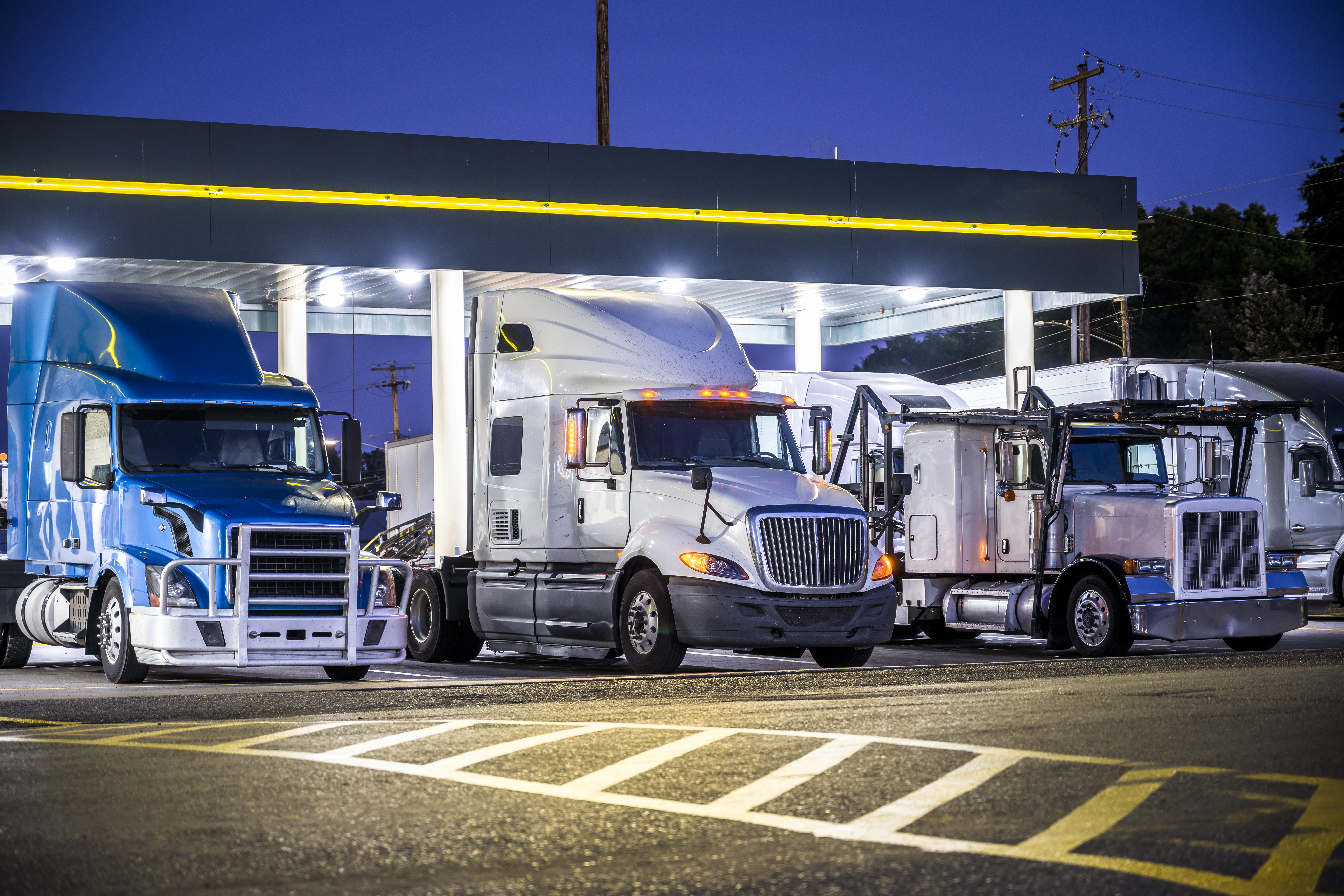 volumes. However, pay attention to other hidden costs when buying at a retail station. There are several to consider.
volumes. However, pay attention to other hidden costs when buying at a retail station. There are several to consider.
First, there is incremental driver time exiting the highway and time spent at the station itself. In addition, retail stations are where accidents are most likely to occur. It is also where credit card fraud is encountered. Lastly, controlling driver behavior while at a retail station should be included in your retail purchasing strategy. An unrestrained driver with a spiteful attitude can be costly to your business. Properly overseeing these potential pitfalls of retail may be the best fuel purchase option for fleet. Not properly managing these hazards can be detrimental.
With these options available, how you choose the best mode of fueling for their fleet? Diversified Energy Supply can help. Our team can help you review the numbers and determine which method makes the most sense both operationally and financially. Using DES’ Fuel Diagnostics tool, we can help you put the business case together to install a fuel tank or to justify your current approach to your management team.


